We often talk about blockchains in terms of decentralization, immutability, and trustlessness—but I think we're overlooking something more fundamental: blockchain is a time-anchored structure, and its real value is its ability to resist entropy across time.
Each block is a snapshot, cryptographically linked to the past and anchoring data in a way that defies natural decay. In physics, everything tends toward disorder—entropy increases. But blockchains are engineered to do the opposite: they preserve structure. They are, in a sense, digital monuments—ordered sequences that retain integrity no matter how chaotic the world becomes.
Think about it:
- A blockchain doesn't forget.
- It doesn't degrade.
- It doesn't favor the present over the past.
This makes it more than a ledger—it’s a time capsule, one that says, “this happened, and it will always have happened.”
Proof-of-work chains, for example, embed the cost of time and energy directly into their records. Proof-of-stake systems anchor data to economic consensus over time. Either way, time is a key component—not just as a dimension, but as a guarantor of truth.
So maybe the real question isn't "What can blockchain do?"
It's: "What else can we preserve from entropy?"
Because in an age where data is manipulated, rewritten, or lost entirely, the ability to preserve truth across time might be the most valuable thing of all.
[link] [comments]

You can get bonuses upto $100 FREE BONUS when you:
💰 Install these recommended apps:
💲 SocialGood - 100% Crypto Back on Everyday Shopping
💲 xPortal - The DeFi For The Next Billion
💲 CryptoTab Browser - Lightweight, fast, and ready to mine!
💰 Register on these recommended exchanges:
🟡 Binance🟡 Bitfinex🟡 Bitmart🟡 Bittrex🟡 Bitget
🟡 CoinEx🟡 Crypto.com🟡 Gate.io🟡 Huobi🟡 Kucoin.

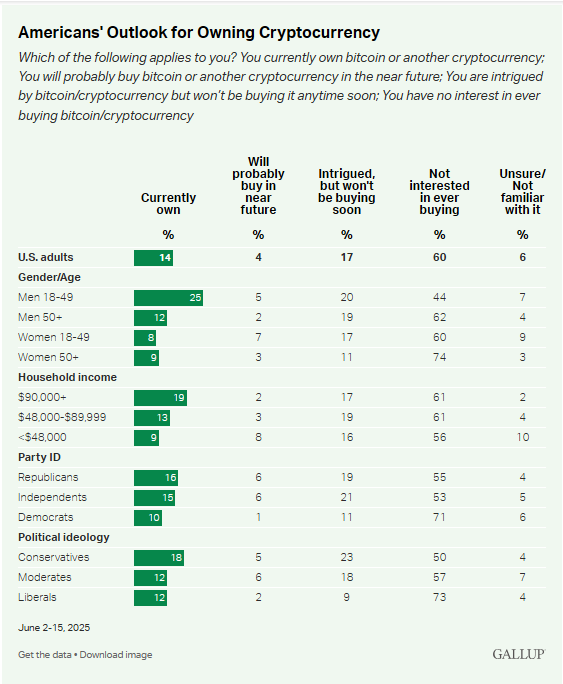
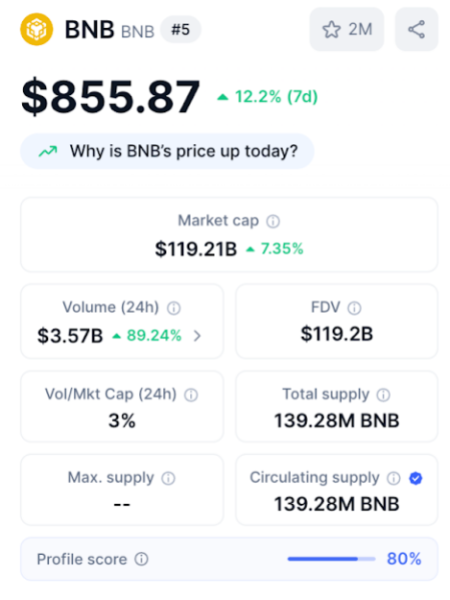




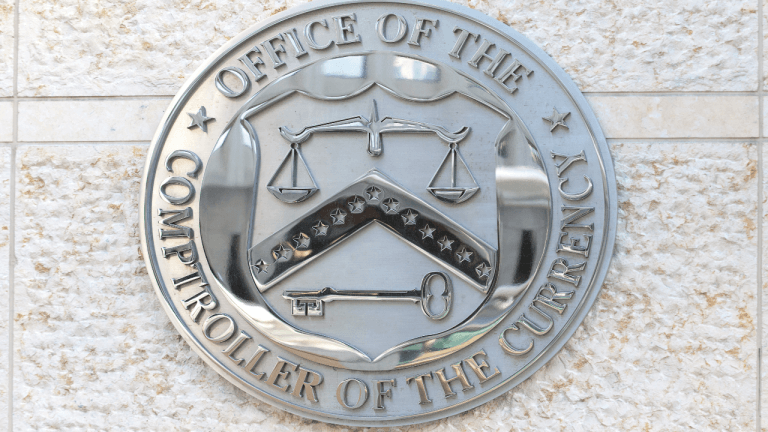




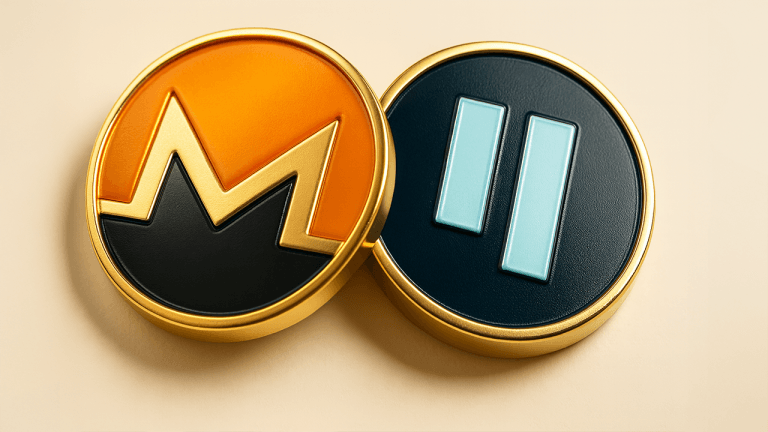
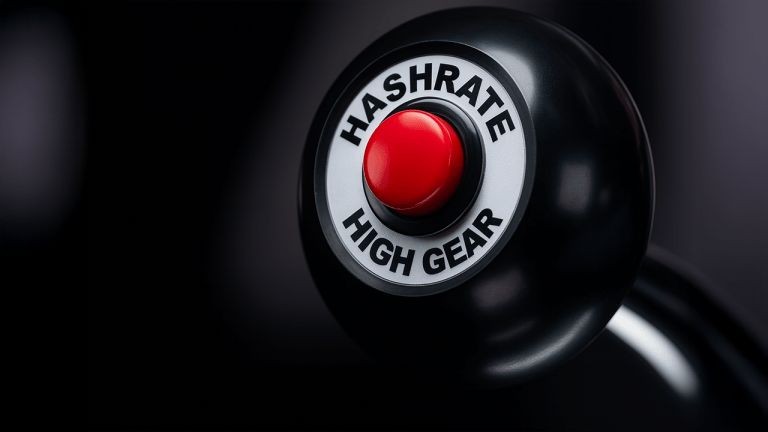

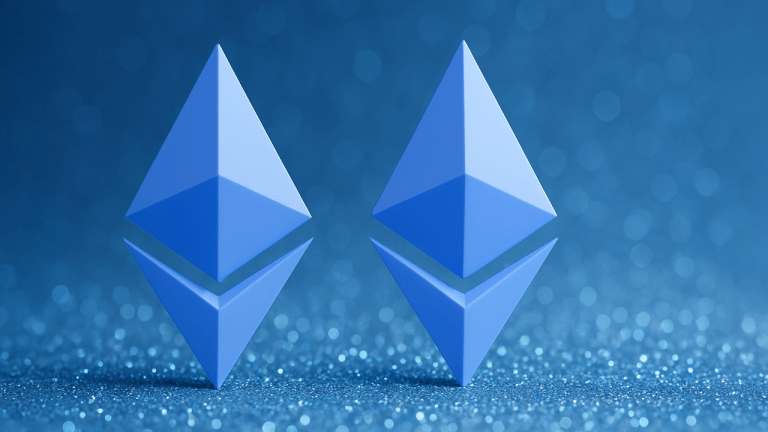



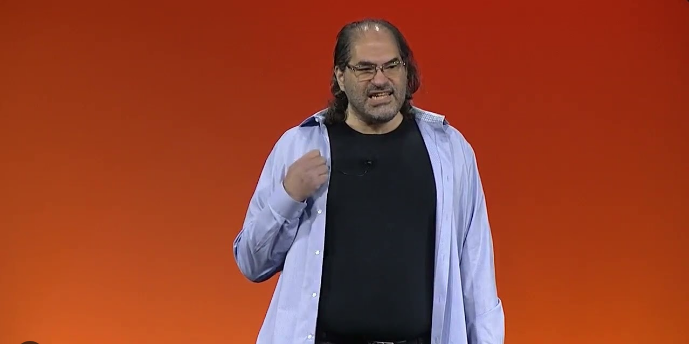
Comments